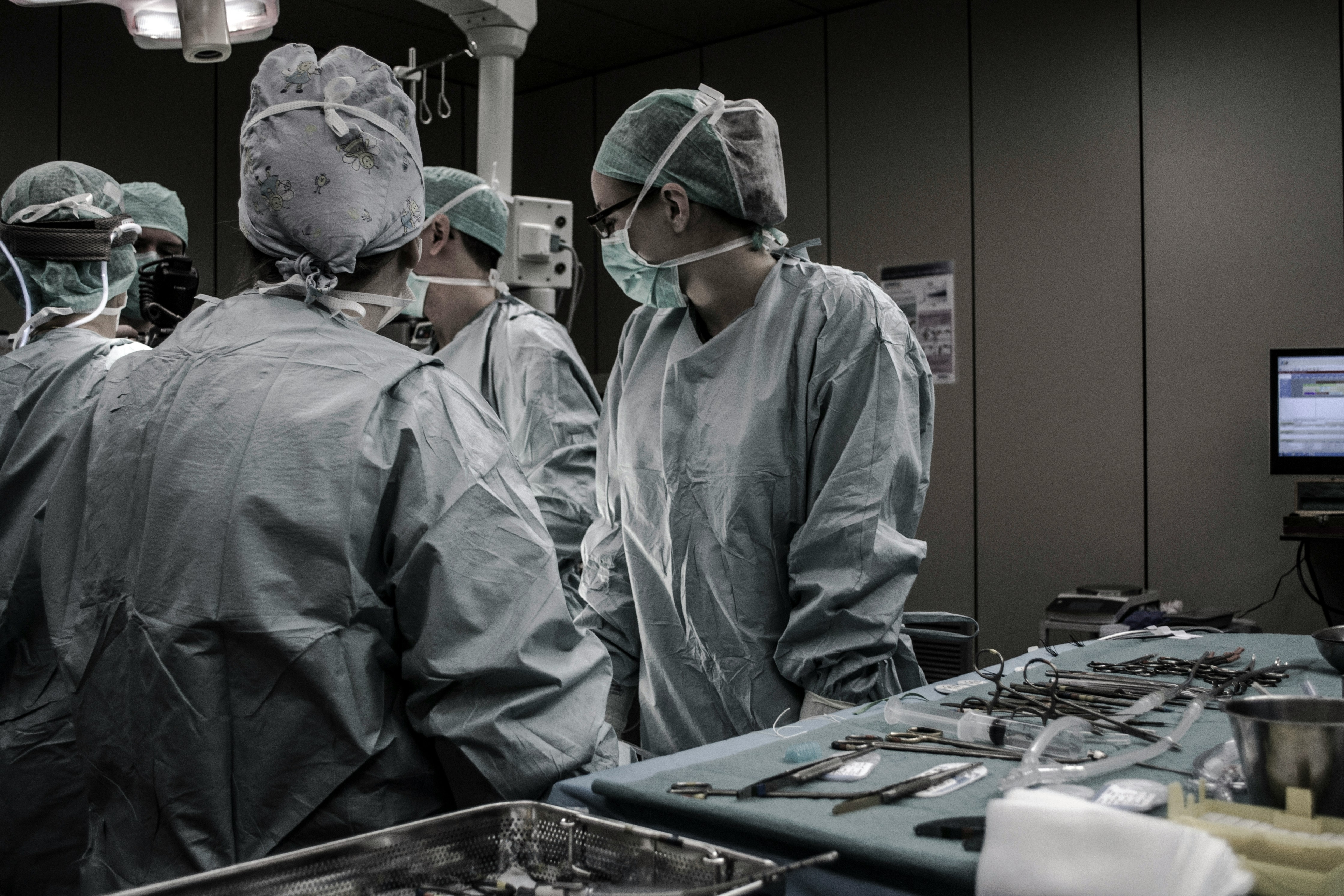
Doctors who Speak French or English: Where to Find Them
With warm hospitality and international expertise, Portugal is full of healthcare professionals who can communicate in multiple languages.
Living or traveling in Portugal means enjoying sunshine, the sea, and a relaxed lifestyle.
But when it comes to healthcare, the language barrier can sometimes make things complicated.
Fortunately, the country has a large number of doctors who speak French or English, especially in major cities and tourist areas.
Whether you are an expat, student, retiree, or visitor, here’s where and how to find a healthcare professional you can communicate with easily.
Bilingual Doctors in Major Cities
Lisbon, Porto, and Faro concentrate the majority of multilingual healthcare professionals.
In these dynamic, cosmopolitan cities, it’s common to find doctors who speak several languages, particularly English, French, and Spanish.
Private clinics such as CUF, Luz Saúde, HPA, or Hospital da Luz employ international doctors, many of whom trained abroad or have worked in European hospitals.
In Lisbon, neighborhoods like Campo de Ourique and the Avenida da Liberdade area have several private practices that regularly welcome expats.
In Porto, the Boavista and Foz do Douro districts host many bilingual specialists.
In the Algarve, a region popular among French and English speakers, cities such as Faro, Albufeira, and Lagos have a medical network perfectly suited to foreigners.
Private Hospitals: The Easiest Option
Portuguese private hospitals are the most comfortable choice for non-Portuguese speakers.
They offer international reception services, multilingual staff, and efficient handling of foreign patients’ records.
You can see a general practitioner or specialist without delay — often the same day or within 48 hours.
Some of the most reputable are:
- CUF Descobertas (Lisbon)
- Hospital da Luz (Lisbon and Porto)
- HPA Saúde (Algarve)
- Lusíadas Saúde (present in several cities)
Consultations cost between €60 and €120 depending on the specialty, but the quality of service and ease of communication are well worth it.
Invoices are usually issued in English, and most international or European health insurance policies are accepted.
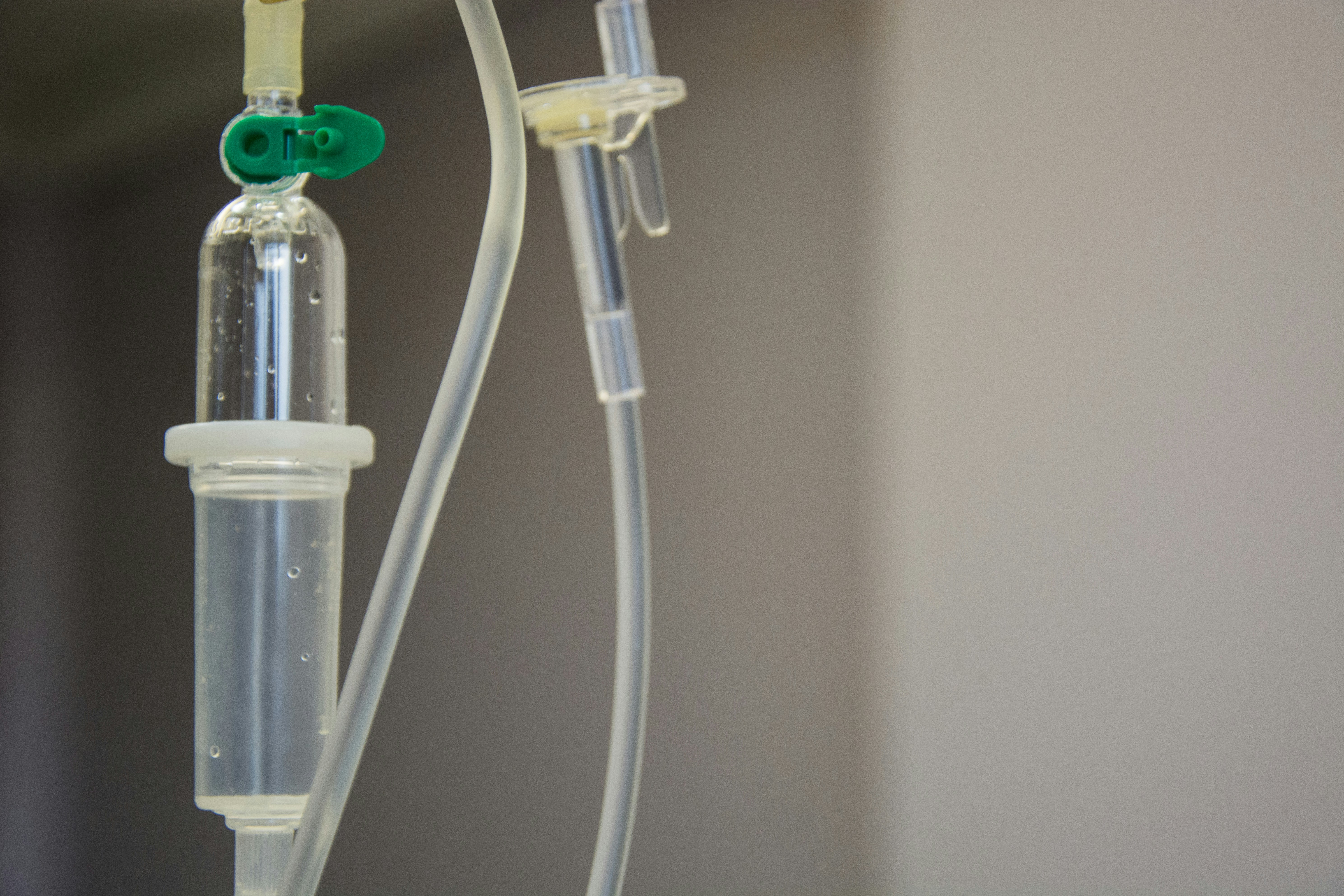
Specialized Clinics for Expats
In recent years, several private clinics dedicated to foreigners have opened in Portugal.
They offer tailored services: multilingual assistance, administrative support, and personalized medical follow-up.
These clinics mainly cater to French, British, Dutch, and German expats living along the coast.
Some, such as Algarve Health & Wellness or International Clinic Lisbon, provide consultations in French and English across various specialties, including general medicine, pediatrics, and dermatology.
These centers are especially appreciated by foreign residents because they combine efficiency, accessibility, and linguistic comfort.
Independent Bilingual Doctors
Many general practitioners also operate private offices and speak fluent English or French.
Some are Portuguese, while others are foreign doctors who have been practicing in Portugal for years.
Platforms such as Doctoralia.pt or Topdoctors.pt allow you to filter professionals by the languages they speak.
You can easily find general practitioners, dentists, psychologists, or physiotherapists who indicate the languages they are fluent in.
A simple search for “fala francês” or “speaks English” is often enough to find suitable profiles.
Many of these doctors also offer teleconsultations, a particularly practical service for expats living outside major urban areas.
Healthcare in Tourist Areas
Coastal resorts such as Cascais, Albufeira, Vilamoura, Tavira, and Lagos have numerous doctors accustomed to serving an international clientele.
During the high season, multilingual on-call doctors are available in municipal medical centers and some pharmacies.
High-end hotels also work with French- or English-speaking practitioners for minor medical needs.
Tourists can therefore access medical care quickly, often without an appointment, and receive prescriptions valid throughout Portugal.
Practical Tips for Finding a Doctor
- Use local platforms: Doctoralia.pt, Doctena.pt, or Google Maps with the keywords “French doctor/English doctor Portugal.”
- Ask the expat community: Facebook groups and local forums are excellent sources of reliable recommendations.
- Check languages spoken before booking, especially in smaller towns.
- Keep your medical documents in English to make communication easier during appointments.
- Prepare a payment method (card or cash), as billing procedures may vary between practitioners.
Conclusion
Finding a doctor who speaks French or English in Portugal is easy.
The country, known for its openness and hospitality, has adapted its healthcare system to meet the needs of a growing international community.
Between private hospitals, international clinics, and independent practitioners, everyone can find a competent, attentive professional.
Because in Portugal, healthcare is not just about treatment — it comes with a smile, a clear explanation, and that unmistakable warm Portuguese accent.
Share this article
Suggested articles
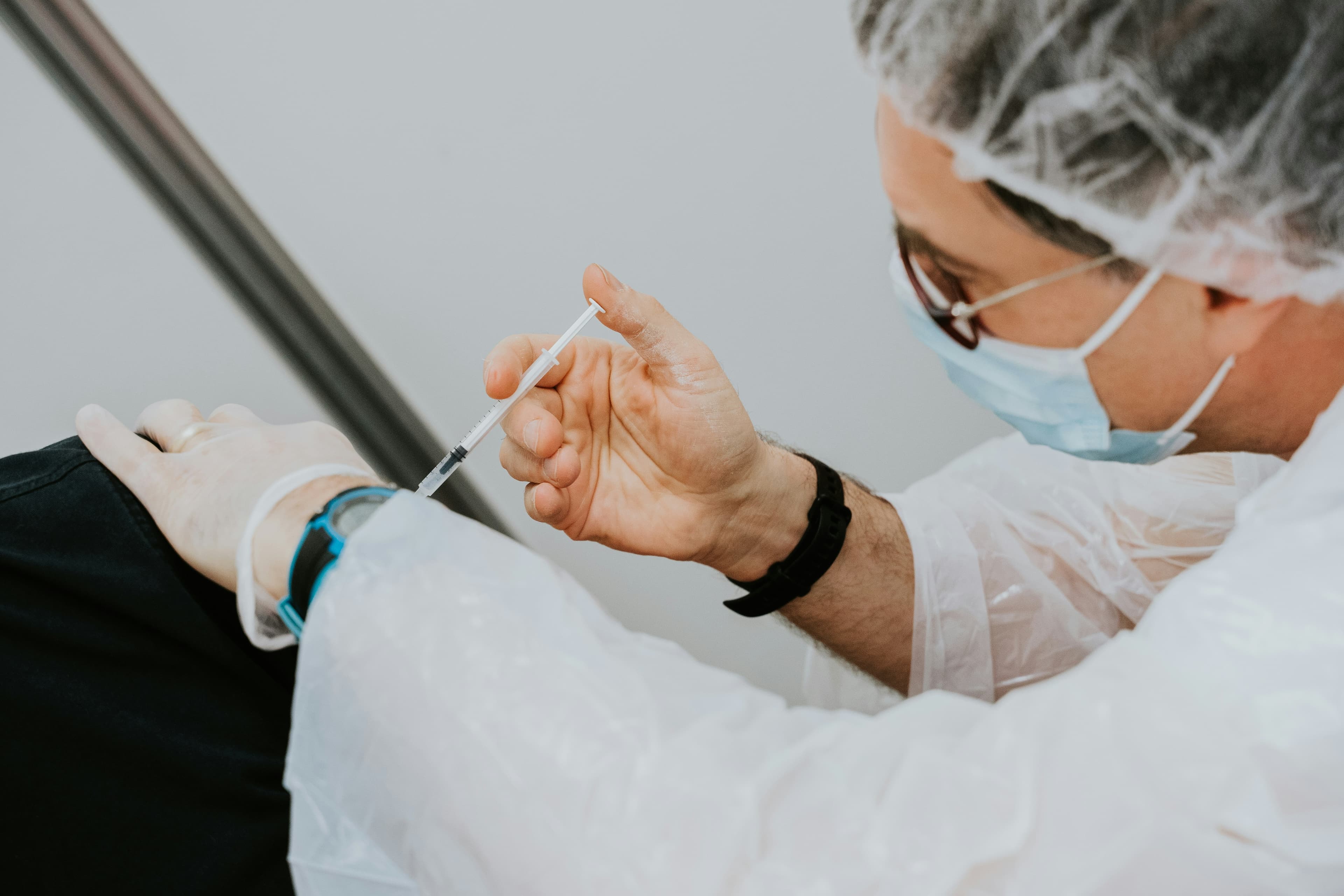
Before putting down your suitcases in Portugal, vaccines, mosquitoes & other medical delights
So that’s it, you’ve decided to drop everything for the Portuguese sunshine, grilled sardines and 80-cent coffee. Excellent choice. But before you picture yourself sipping your vinho verde on a Lisbon terrace, there’s a small detail you’d better not skip: your health.
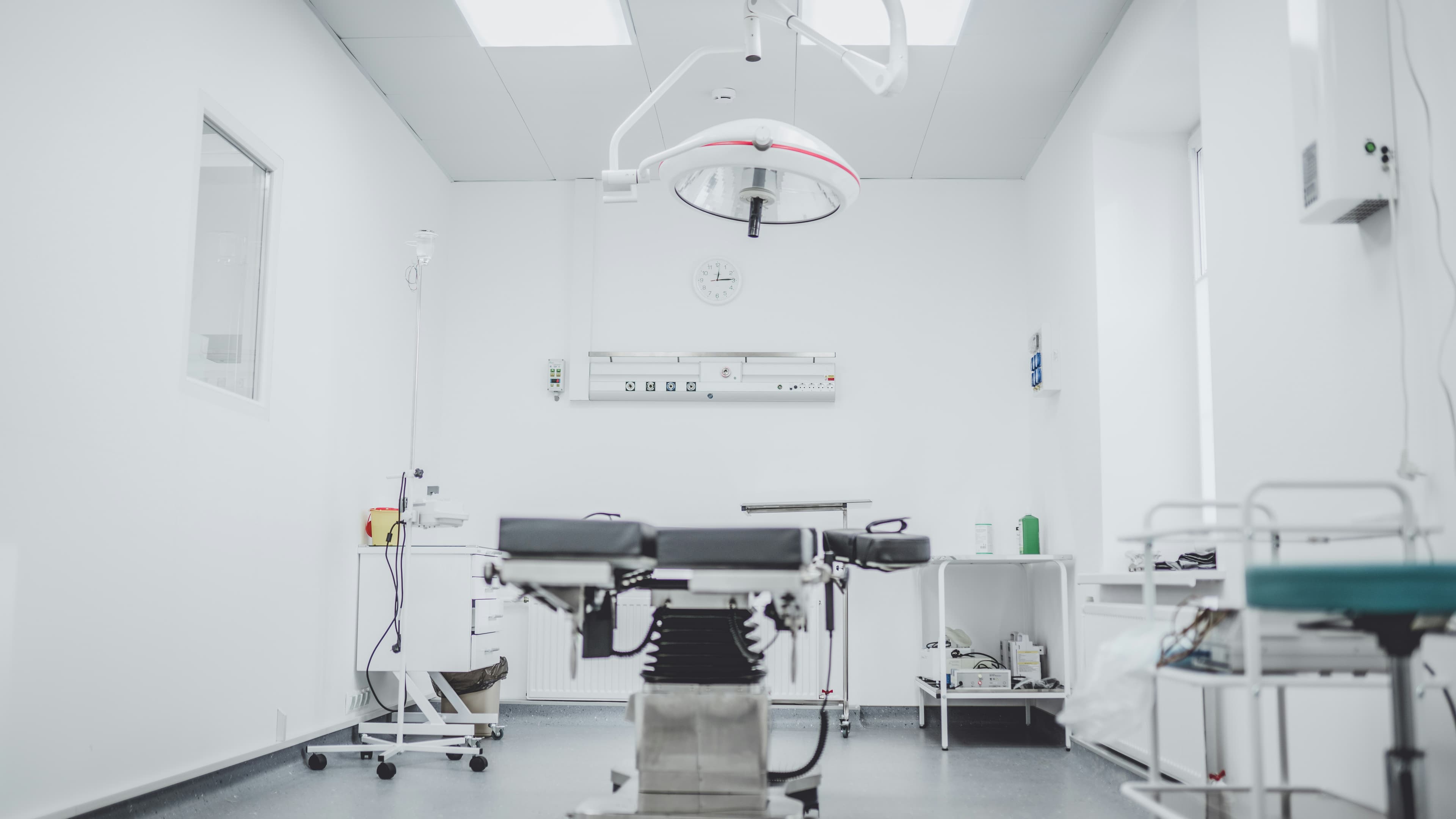
Private Clinics: Standards and Prices
If there is one area where Portugal quietly excels, it is private healthcare. The country has successfully combined high-quality care, modern technology, and genuine hospitality, creating a model appreciated by both locals and foreign residents. Faced with delays in the public system and the growth of medical tourism, private clinics are booming, particularly in Lisbon, Porto, and Faro.

Health Insurance for Expats: Options and Costs
Moving to Portugal is, for many, the fulfillment of a dream. Sunshine, the sea, gastronomy, and quality of life attract thousands of expats every year. But before diving into the calm rhythm of Portuguese life, one essential question arises: how to ensure proper healthcare coverage?
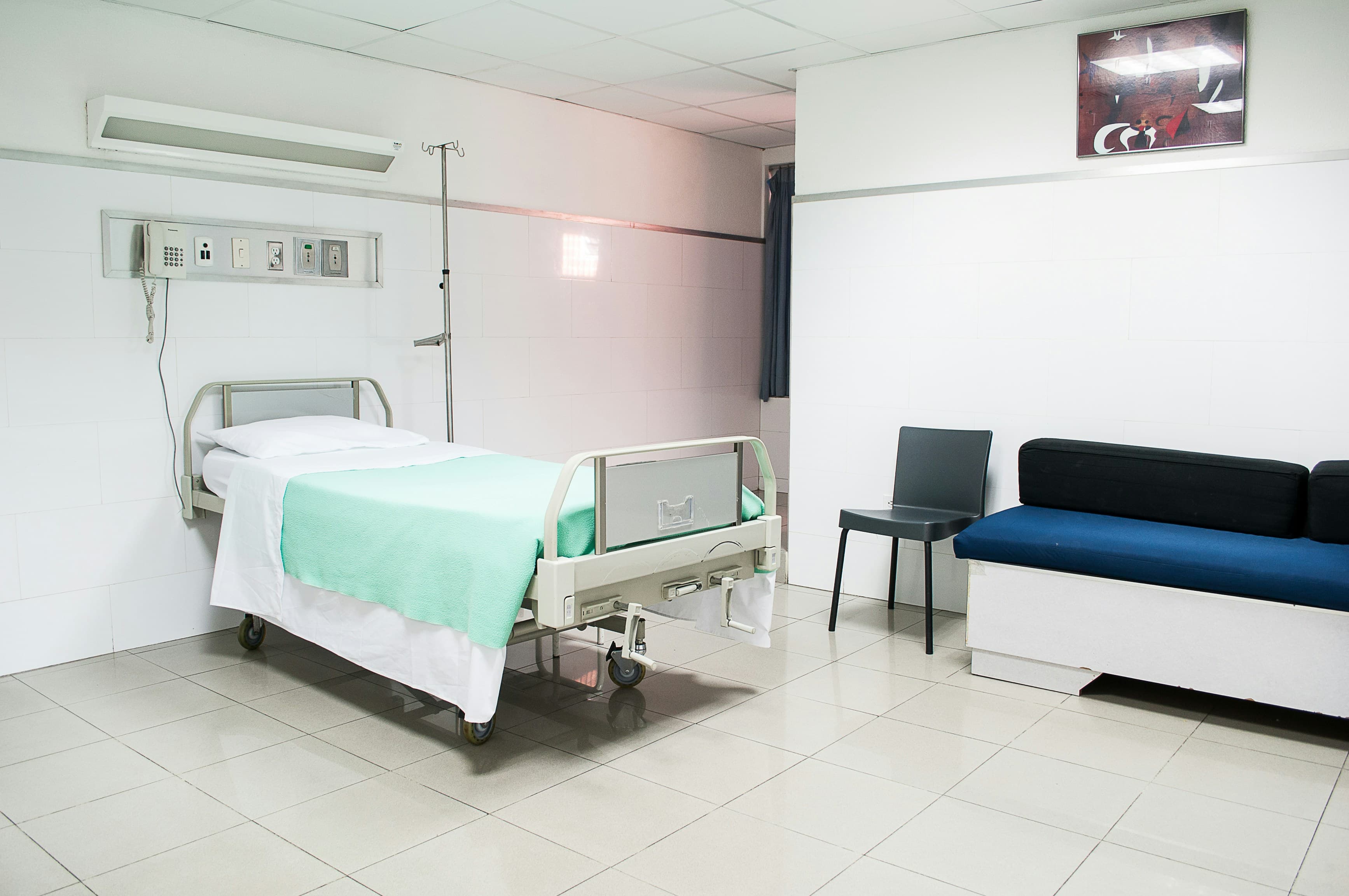
Portuguese healthcare system : public vs private
You might have just settled in Portugal, sunglasses on, pastel de nata in hand, and suddenly think, “Okay, but what happens if I get sick ?”. Take a deep breath (it’s going to be fine), let’s break it all down together, clearly, simply, and without boring you (promise !). Here’s what you need to know about the Portuguese healthcare system, both public and private, what’s great about it, and what to keep in mind.
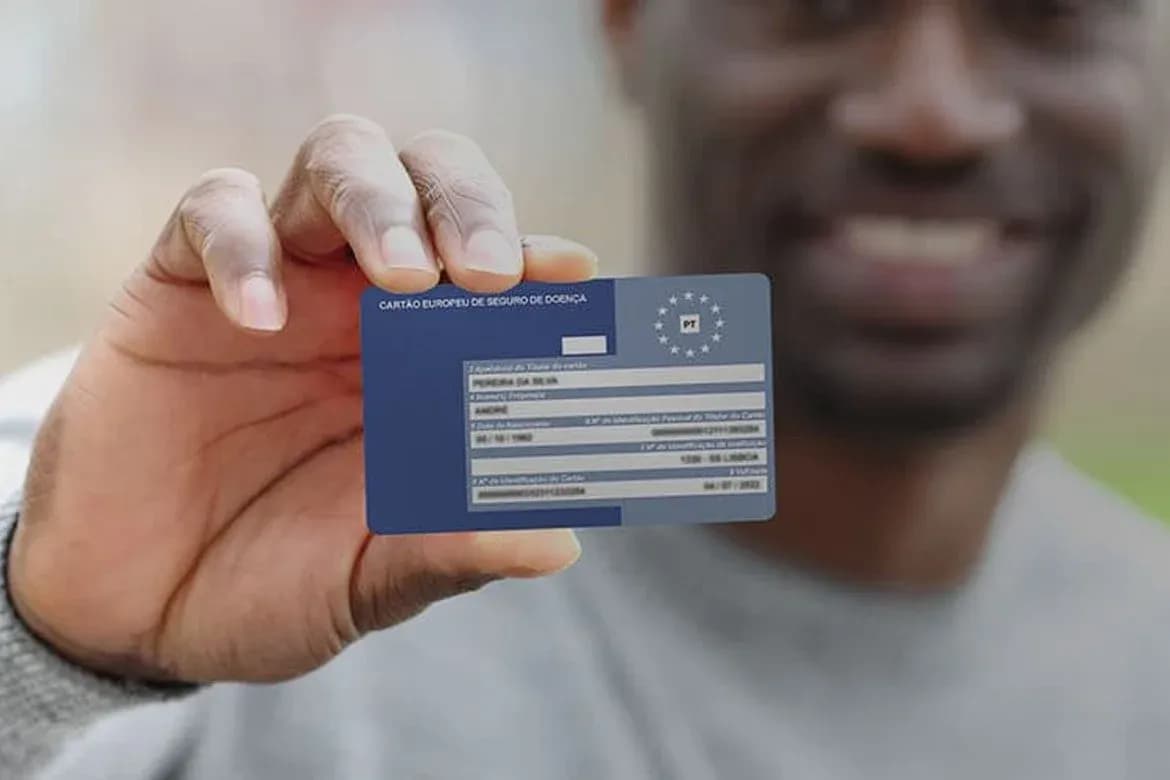
How to get your número de utente (Portuguese health user number)
If you plan to live in Portugal for more than a few weeks (or even a few months), there’s one phrase you’ll hear sooner rather than later : “número de utente.” It’s also called the “SNS number.” This is your personal ID within the Portuguese public healthcare system (Serviço Nacional de Saúde). Without it, you’re basically a “medical tourist.” With it, you’re officially part of the system you can book appointments at your local centro de saúde (public health center), see a family doctor, go to the ER, and get billed like a local resident. In short, it’s your ticket to public healthcare. So yes, it’s important ! And good news : getting it is totally doable even if Portuguese bureaucracy has a deep love for… paperwork. Lots of paperwork !
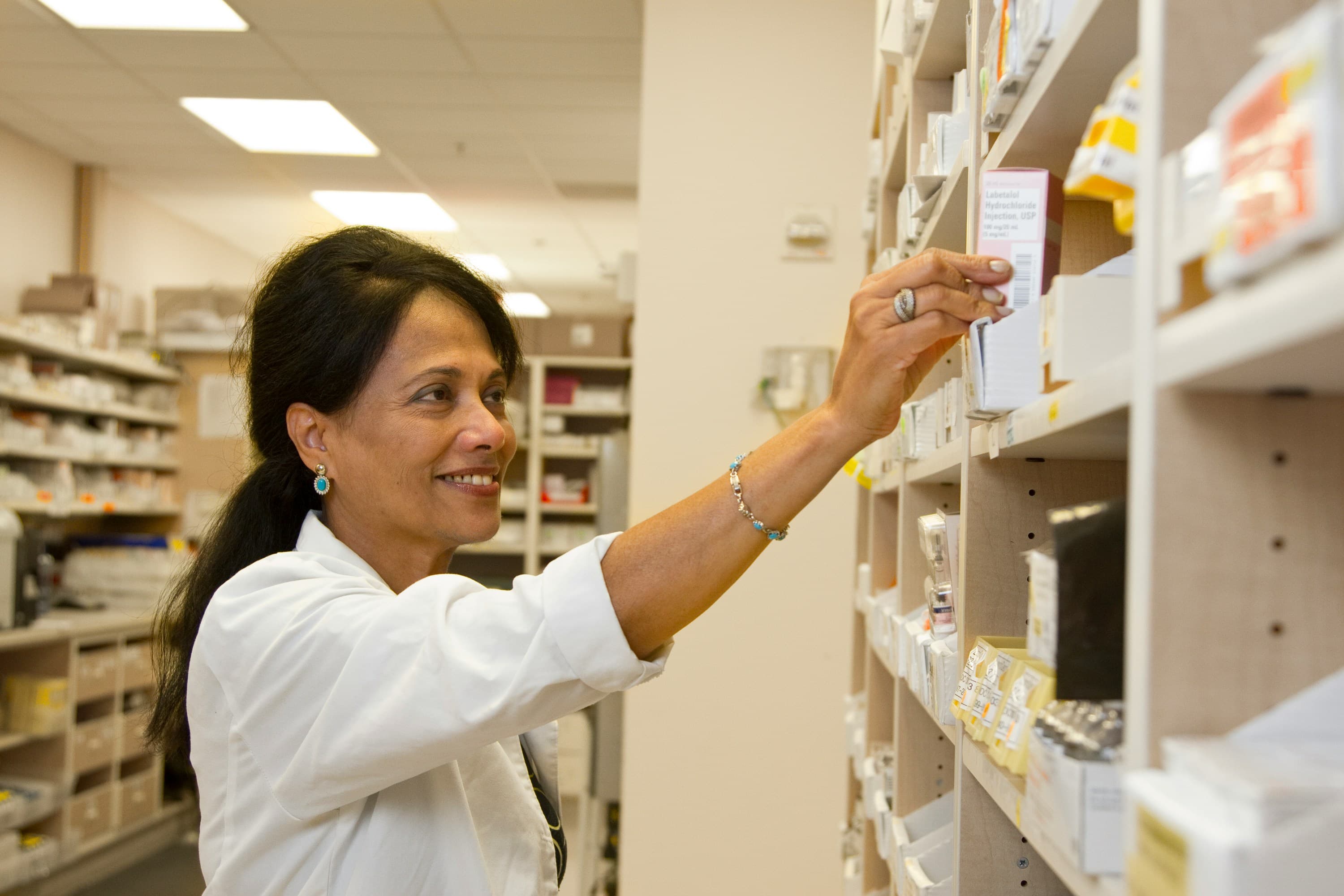
Portuguese Pharmacies: A Local Service
In Portugal, the pharmacy is much more than a simple place to buy medicine. It’s a space of trust, a point of reference in daily life, a place where advice, attention, and proximity meet. In both big cities and remote villages, Portuguese pharmacies play a key role in healthcare and in the human connection between professionals and the community.


